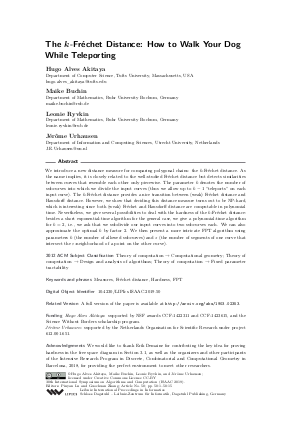LIPIcs.ISAAC.2019.50.pdf
- Filesize: 0.73 MB
- 15 pages

 Creative Commons Attribution 3.0 Unported license
Creative Commons Attribution 3.0 Unported license















Feedback for Dagstuhl Publishing